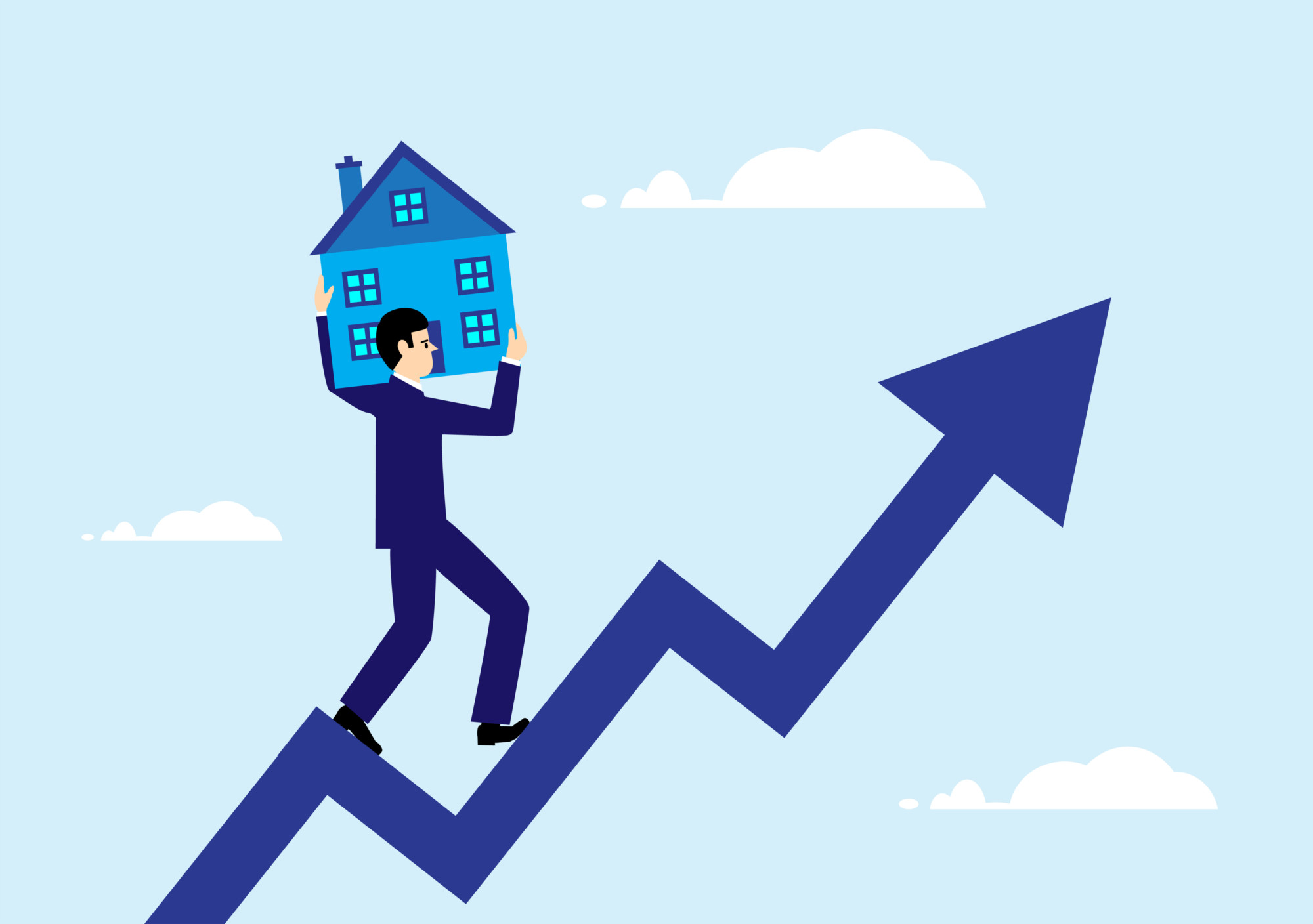Table of Contents Show
With the current economic expansion surpassing ten years and some potential headwinds on the horizon (e.g., tariff battles), some economists and others call for a slowdown. This is a potentially harmful development if you are a New York City real estate investor. Real estate is sensitive to the economic cycles, of course. During good times, people feel more confident and have access to borrowing to purchase their homes. For move-up buyers, they can sell their property easier, too.
A recession or economic slowdown could crimp your cash flow even if you are a buy-and-hold real estate investor. A homeowner may wait out the slowdown. However, that might not be an option for some investors with different objectives. One strategy is to “flip” the property relatively quickly to capture a nice profit and a healthy return on investment.
While no one has a crystal ball, keeping abreast of economic developments and the real estate market can help you take steps ahead of a downfall.
Reduce leverageReduce leverage
Leverage can significantly enhance real estate investors’ returns during good times. That is when property prices appreciate, and rents are rising or stable. This has been the case in New York City over the last several years. However, it can have devasting effects when the market turns downward. Therefore, if you anticipate a downturn, you would be wise to use your monthly cash flow to pay down debt to strengthen your financial position.
For starters, borrowed funds allow an investor to purchase a more expensive property. Thus, it amplifies your return on investment when prices are going up. On the other hand, leverage means higher monthly cash outflows for interest and raises your financial risk during a market downturn.
To see how this might work, assume you purchase an investment property for $1,000,000. You have an upbeat economic outlook and expect the real estate market will strengthen. Therefore, you decide to invest with a 10% down payment, financing $900,000.
Within a year, your property value has appreciated to $1,100,000. Furthermore, assume your net cash inflows from rent were $2,000 per month or $24,000 for the year. Thus, your price appreciation and rental income total $124,000, while your cash investment was $100,000.
You face the double whammy of lower prices and higher vacancies. You may find negative equity if the property’s price falls below what you owe. Conversely, your monthly rental income could be severely impacted if the real estate market turns down sharply. You still must pay your monthly financing, however.
Fill those vacanciesFill those vacancies
Real estate investors never want to have any vacancies, of course. Instead, they rely on rental income to generate cash flow. But, if you think NYC’s real estate market will change for the worse, it is in your interest to fill the vacancies sooner rather than later. You may also wish to sign longer-term leases to lock in the price. This may require a slight discount on the monthly rental price, but it ensures the unit is filled. You also have potential recourse if the tenant breaks the lease.
Filling the vacancies ahead of the downturn protects your rental income and avoids vacancies and discounted rents down the road.
Portfolio adjustmentsPortfolio adjustments
There are steps you can take with your properties. For example, if you planned to monetize the asset via a sale, you could now shorten your time horizon and pursue that avenue while the city’s market remains healthy. You can then use the proceeds to pay down debt, reducing your financial exposure and debt payments. Alternatively, you can sit on the cash you receive from the sale and wait until the cycle shifts downward. At that point, you could start rebuying properties.
If you plan to initiate or expand your real estate investments, you can hold off until you feel the time is right.
You can also take steps to minimize your exposure. For example, you could pare back on real estate properties in economically sensitive neighborhoods.
Avoid the flipAvoid the flip
When buying properties to flip, selling is key to earning an attractive return. The idea is to buy a property that needs work, complete it as soon as possible, and sell it for a tidy profit. While you are holding the property, there are carrying costs, however. You must pay the mortgage (assuming you used financing), property taxes, utilities, common charges (condo), and other monthly costs. The longer the sales process, the higher your costs. Worse, your sales price will likely decrease the longer it is on the market, and potential buyers will dry up.
If you anticipate a changing landscape, it behooves you to avoid investing in flip properties.
Final thoughtsFinal thoughts
Forecasting the overall economy is fraught with difficulty. Even zoning in New York City is challenging, and it is certainly not immune to the nation’s economic developments. Nonetheless, if you see signs that the real estate market is slowing, you can take steps to protect your investment.

